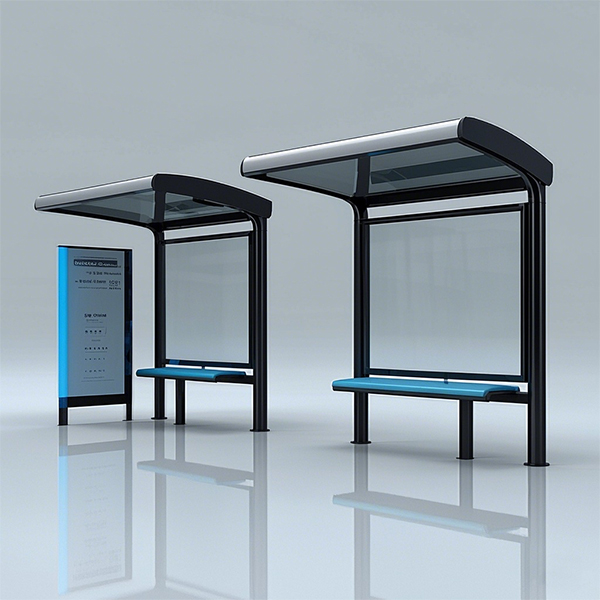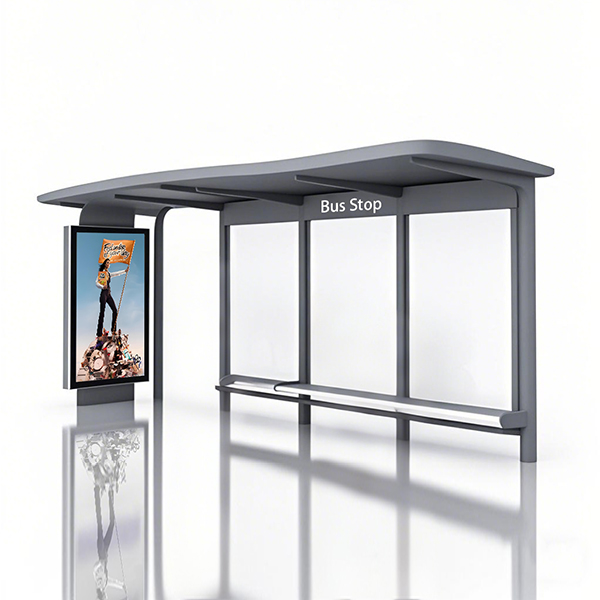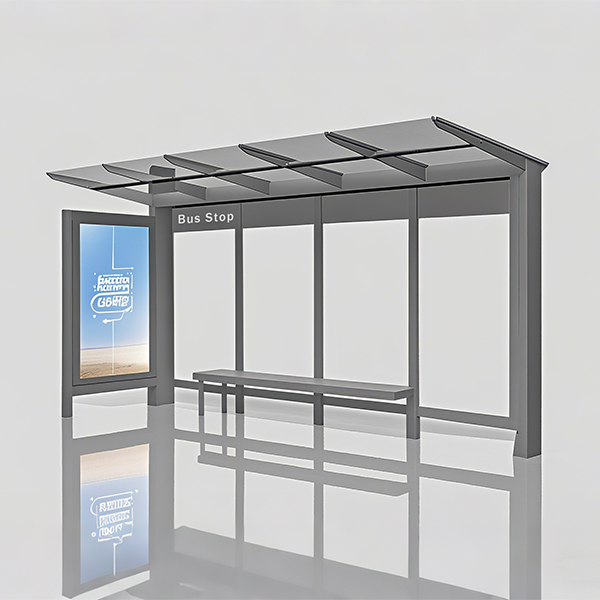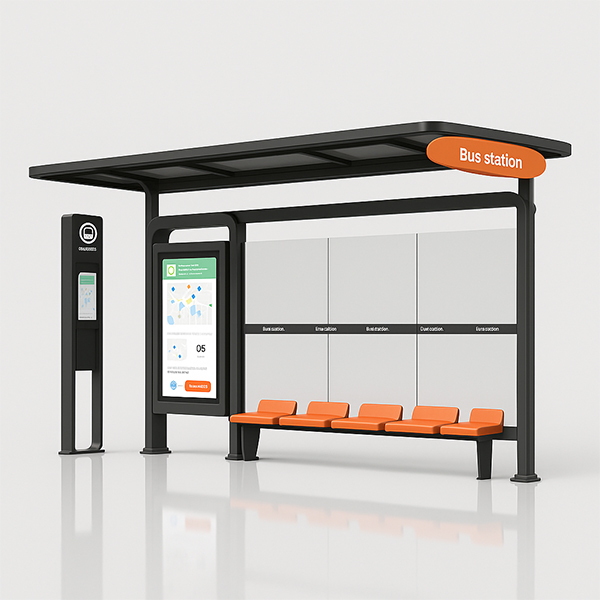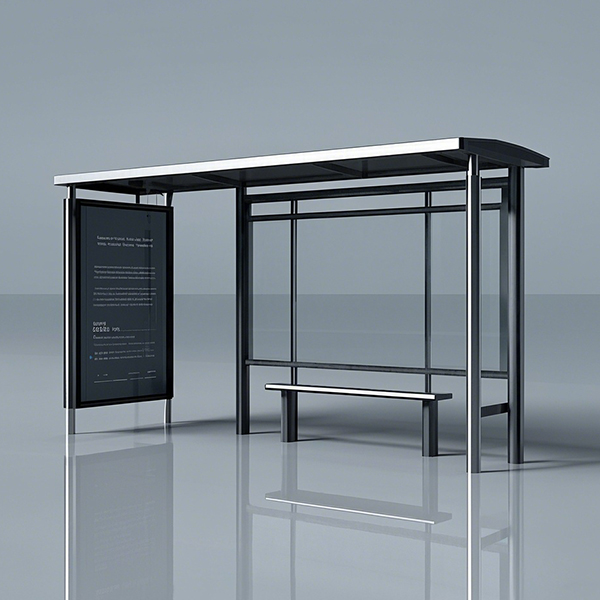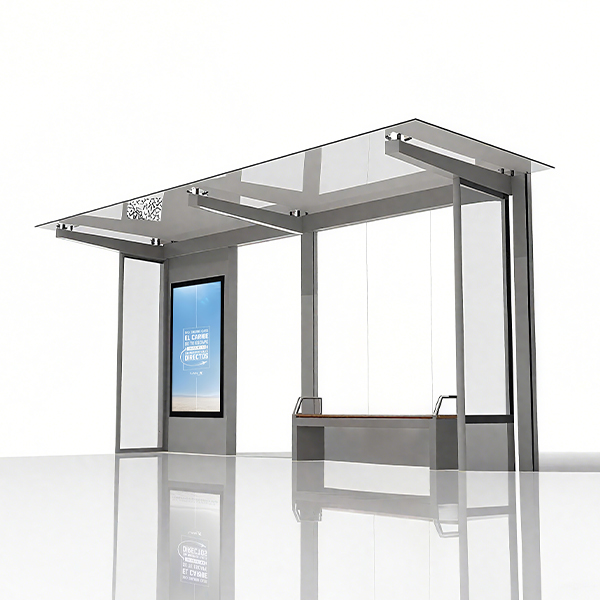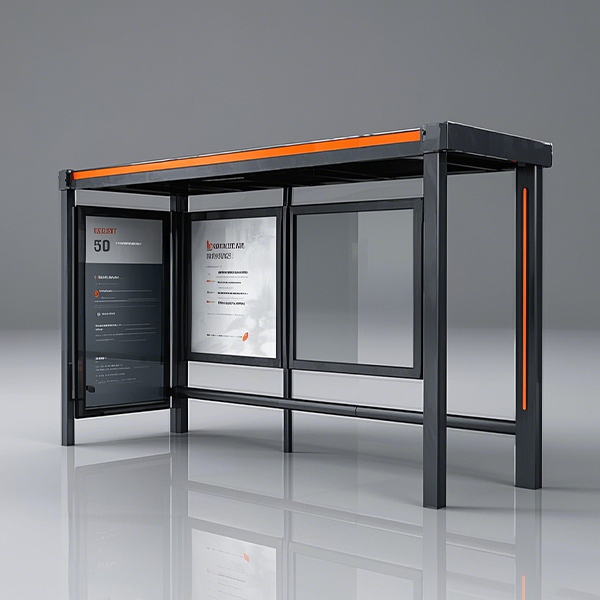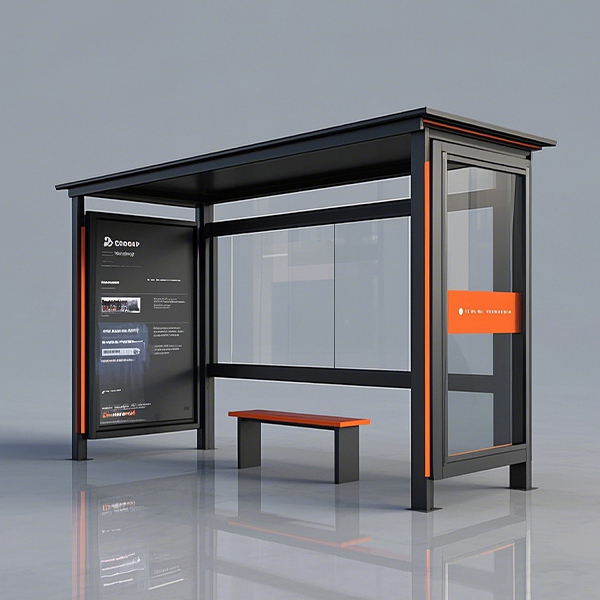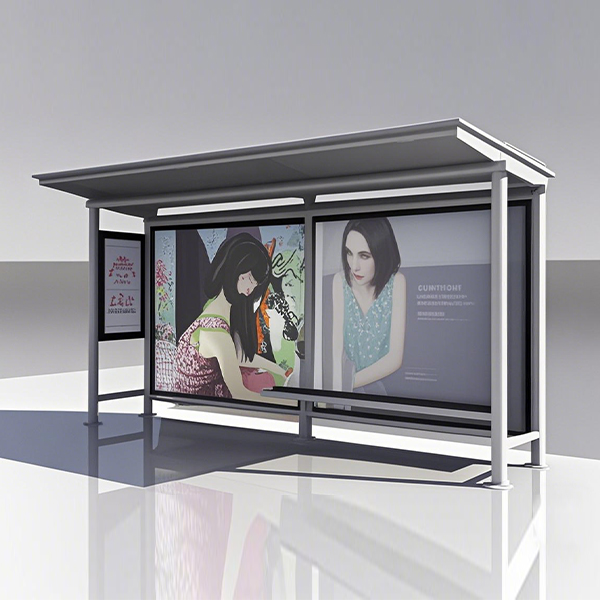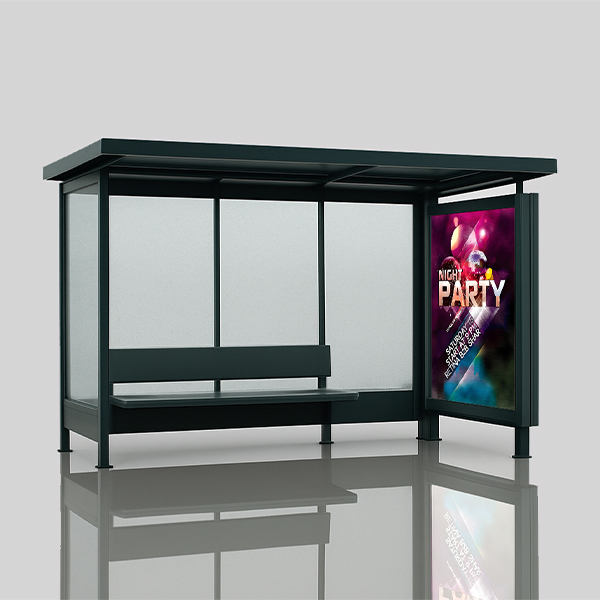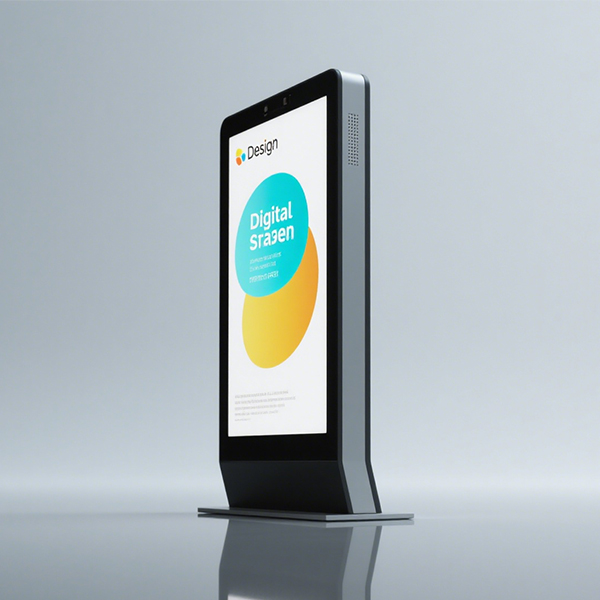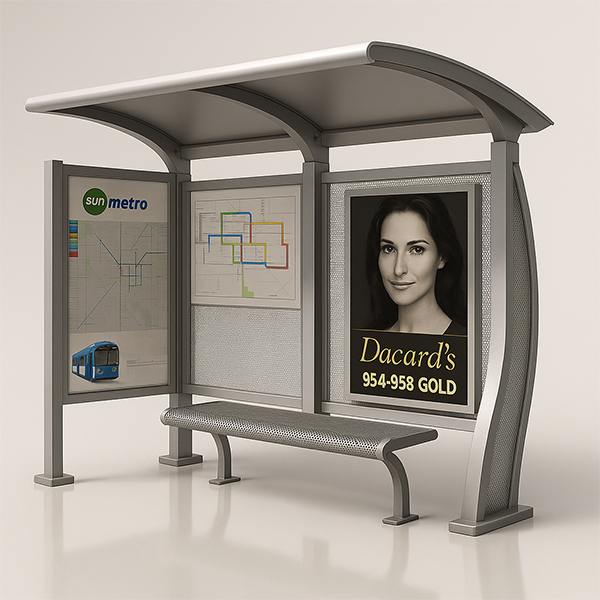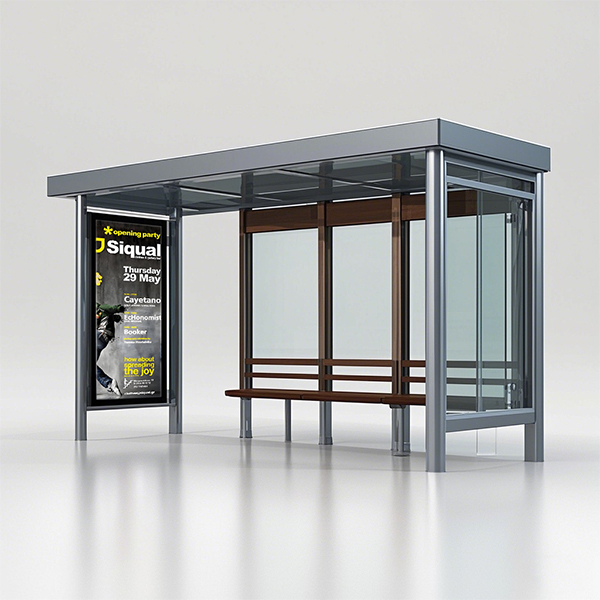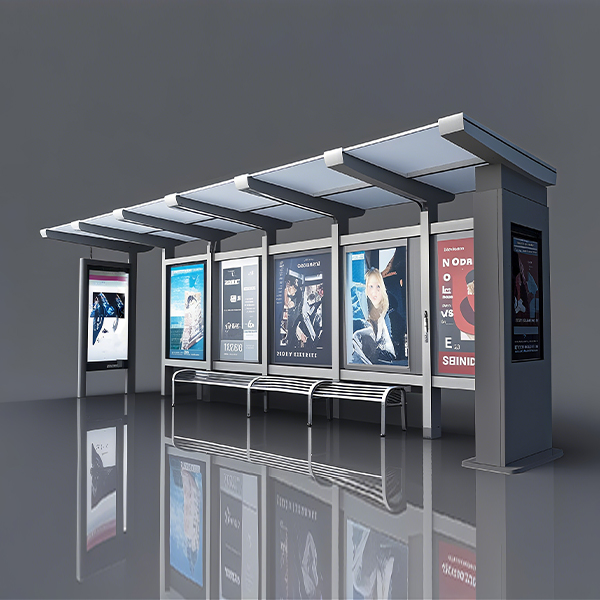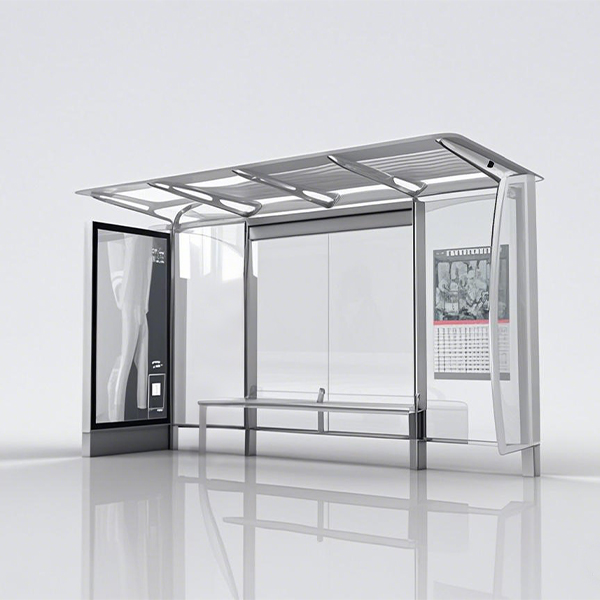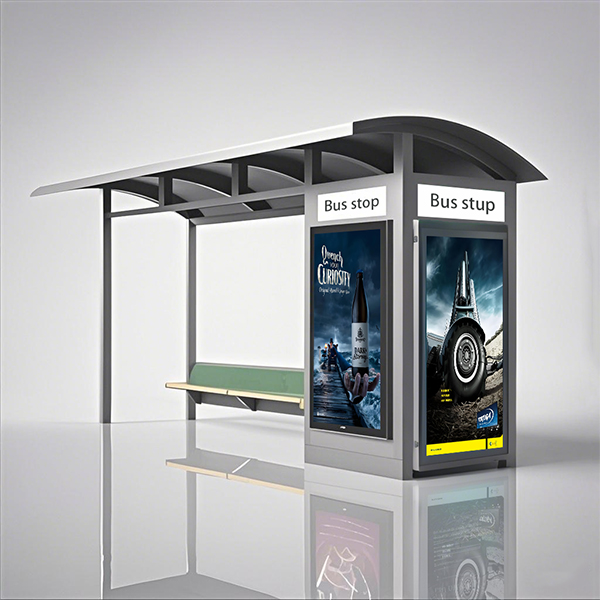
Metal Bus Shelter Structure
This guide provides a detailed overview of metal bus shelter structures, covering design considerations, material selection, manufacturing processes, installation, and maintenance. We delve into the various types of shelters available, their advantages and disadvantages, and factors to consider when choosing the right structure for your needs. Learn about sustainable practices and cost-effective solutions for creating safe and comfortable public transit waiting areas.
Types of Metal Bus Shelter Structures
Open-sided Shelters
Open-sided metal bus shelter structures offer basic protection from the elements. They are typically less expensive than enclosed shelters but provide limited shelter from wind and rain. The design often prioritizes simplicity and ease of maintenance. These are often suitable for locations with mild climates.
Enclosed Shelters
Enclosed metal bus shelter structures offer more comprehensive protection from the weather. These shelters often incorporate features like seating, lighting, and even advertising space. They are ideal for locations with harsh weather conditions or high passenger volumes. Consider factors like ventilation and potential for overheating when designing enclosed shelters.
Custom Designs
Many manufacturers offer custom design services for metal bus shelter structures, allowing for tailored solutions to meet specific needs and site requirements. Custom designs can incorporate unique aesthetic elements, accessibility features, and specialized materials to meet specific site conditions. This option provides the highest degree of flexibility but often comes with increased costs.
Material Selection for Metal Bus Shelter Structures
The choice of metal for your metal bus shelter structure significantly impacts its durability, longevity, and cost. Common materials include:
| Material | Advantages | Disadvantages |
|---|---|---|
| Steel | High strength, durable, relatively inexpensive | Susceptible to rust and corrosion without proper treatment |
| Aluminum | Lightweight, corrosion-resistant, requires less maintenance | More expensive than steel |
| Stainless Steel | Exceptional corrosion resistance, long lifespan | Most expensive option |
Table 1: Comparison of Metal Materials for Bus Shelters
Design Considerations for Durable Metal Bus Shelters
Effective metal bus shelter structures require careful consideration of several key design aspects. These include:
Durability and Longevity
Choose materials and construction methods that ensure the shelter can withstand harsh weather conditions and regular use. Proper surface treatment (e.g., powder coating for steel) is crucial to prevent corrosion.
Accessibility
Ensure the shelter complies with accessibility guidelines, providing ramps, handrails, and sufficient space for wheelchair users. Consider the placement of signage and lighting to enhance accessibility.
Safety
Design the shelter to minimize safety hazards. Use robust materials to prevent vandalism and ensure structural integrity. Adequate lighting can deter crime and improve safety at night.
Aesthetics
The shelter's design should complement the surrounding environment and integrate seamlessly with the local architecture. Consider using sustainable materials and energy-efficient features whenever possible.
Installation and Maintenance of Metal Bus Shelters
Proper installation and regular maintenance are essential to ensure the longevity of your metal bus shelter structure. Follow the manufacturer's instructions carefully during installation. Regular inspections and timely repairs can help prevent costly damage in the long run. For high-quality metal bus shelter structures and expert installation services, consider contacting Shandong Luyi Public Facilities Co., Ltd., a leading provider of durable and aesthetically pleasing public infrastructure solutions.
References: (Add references here citing specific sources used for factual claims and data.)
Соответствующая продукция
Соответствующая продукция







